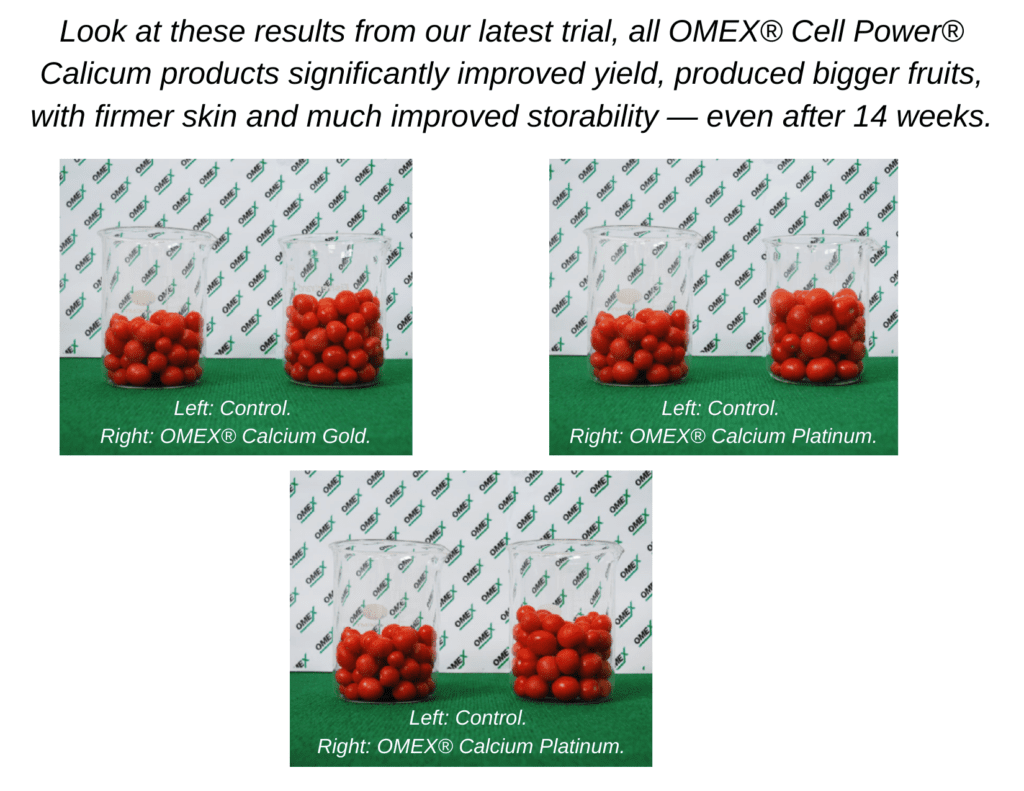Mar 2, 2020The importance of calcium in vegetables
(Sponsored) Calcium is one of the main constituents of cell walls in plants. When calcium is in short supply, the structure of the cells become weak which results in various disorders. Calcium is instrumental in protecting the plant from toxins and slows down the aging process. Deficiency symptoms can occur even when there are adequate levels present in the soil.
Calcium is not very mobile in the plant and during periods of rapid growth or stress, the supply of this element to low transpiring organs like fruit or young leaves can be impacted. Stress periods are often attributable to hot, dry weather, drying winds or high humidity.
Excessive use of nitrogen or potassium fertilizers can inhibit calcium uptake from the soil. There is evidence to show that calcium plays a major role in protecting plants against fungal attack by helping to provide a physical barrier. Calcium is essential for cell division and development of the active root and shoot tips. Calcium plays a central role in plant structure both above and below ground.
OMEX® Cell Power® Calcium Products: For perfect quality and vegetables
- Protects against a wide range of disorders related to calcium deficiency
- Improves firmness in all fruit and vegetables giving increased shelf life
- Enhances resistance to crop diseases
- Optimizes yield and quality
At OMEX® we take plant health very seriously and strive to produce the most effective foliar nutrients possible. OMEX’s® calcium range of foliar applied fertilizers are tried and tested around the globe. The calcium is more readily translocated through the plant than with other foliar calcium sources. The range includes: OMEX® Calcium Gold, OMEX® Calcium Platinum, OMEX® BoroCal Ultra. Learn more at www.omexusa.com.

















